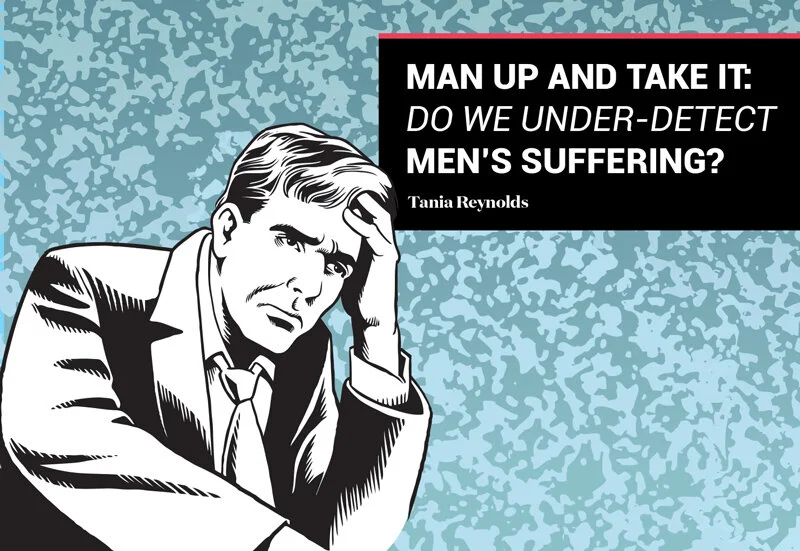Khalid's Story
I was born in Amman, Jordan, and raised in a socially-conservative environment by my Palestinian father and my Palestinian/Kurdish mother. Growing up under those conditions left me with a complex relationship to my own queerness. My parents were open to having conversations about anything with me and my siblings, so that discussion came early on – but that didn’t mean being gay was ok. Nevertheless, I didn’t know how to be anything else but myself. I refused to lie or pretend, so my relationship with my family was a work in progress for a long time. Today, because of a concerted effort on all sides, we have found common ground. I believe things finally changed for the better when we all started listening to each other instead of clinging to societal expectations.
The culture I grew up in was not open to anything that deviated from the “norm,” let alone being gay. As a kid I didn’t know what the word gay even meant, and there was no one around me in whom I could see myself. I felt different. I thought I must be a girl, because only a girl is supposed to have feelings for boys. I didn’t even know there was such a thing as an LGBT community. I didn’t know where or how to find information online that could help me understand myself, and even if I did, the internet was constantly monitored by my school and my parents. The first time I heard the word “gay” being used to mean “homosexual” (probably on a censored episode of “Buffy the Vampire Slayer”) was a milestone for me. The next day at school, I ran to the library to look up the word in the dictionary during lunch break. I immediately felt a powerful connection to the word. Finally, I had a word for what I am.
In 2007, I started My.Kali, to document my personal journey. Over the years, I had learned a lot about myself and about being queer, but I was losing momentum and was afraid of forgetting who I was. My writing was routinely rejected by local and regional publications because of my youth and my controversial topics, so I decided to stop playing their game, stop seeking their approval, and self-publish instead. I wanted a space where I could reflect on life and express myself, and I knew there was a need for a magazine like this in the Middle East. Since then, My.Kali has grown into a collective platform – yet its purpose remains the same: to break boundaries regarding sexuality, identity, orientation, and gender, and to promote the alternative art and music of the region. When the magazine was founded in 2007, there were heavy expectations to live up to. Sensationalist media labeled it “the first LGBT publication in the Arab world,” (this was untrue) which created a lot of pressure for its original team of one – meaning me.
I believe My.Kali started a rebellion, even though it started out in my bedroom as a humble after-school activity.
Being exclusive is so yesterday! Today, we want My.Kali to be inclusive of all voices, including the alternative, independent and underground artists whose work constitutes a political stance in its own right – and which often doesn’t get the exposure it should. There are many non-LGBT voices that intersect with ours, and we want to explore our commonalities, removing borders and divisions between us in the process. We want a publication which addresses social issues that affect everybody and explores the aspirations and struggles we all share. We don’t want to be exclusive to LGBT readers. That limits us, and it’s offensive.
As an editor, I have witnessed the power of the collective! My.Kali’s interactivity became crucial to establishing an enduring queer and feminist community – one that feels a certain level of responsibility to contribute to society. One that wants to take control of its own narrative and, in so doing, documents its own history, struggle, and achievements. It’s part of a movement, part of a vocal and emerging queer generation.
My message to the world: I know how it feels when people try to define you by their standards and deny your worth as a human being. Seek out a space to express and document your story – and if you can’t find it, create it.
Artist Notes
“Khalid is ‘birthing’ his own publication, which is represented by the vase of flowers. The starry sky symbolizes his ambition.”
Published Mar 18, 2021
Updated Sep 1, 2023














